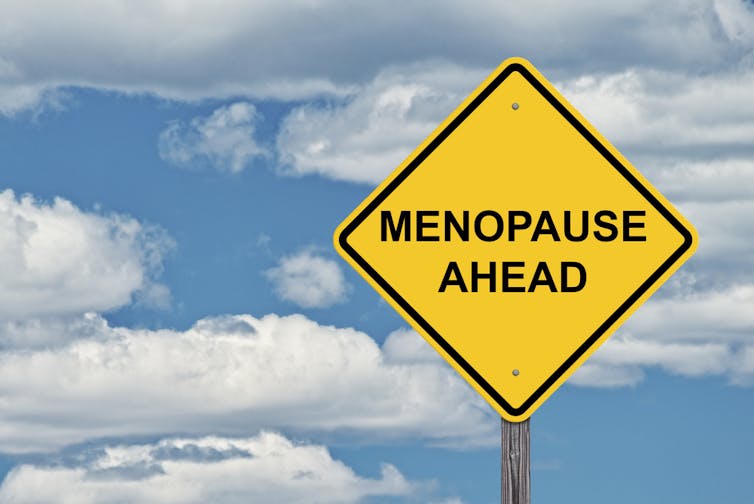Saffron Karlsen, Senior Lecturer in Social Research, University of Bristol
Christina Pantazis, Professor of Zemiology, University of Bristol
Magda Mogilnicka, Research Associate in the School of Sociology, Politics and International Studies, University of Bristol
Natasha Carver, Lecturer in International Criminology, University of Bristol
Female Genital Mutilation (FGM), whereby the female genitals are deliberately injured or changed for non-medical reasons, is considered by the UN to be a “global concern”.
International organisations often report statistical evidence that 98% of women and girls in Somalia/Somaliland have undergone FGM.
Because of this international evidence, girls born to Somali parents living in the UK are considered to be at high risk of experiencing FGM. Yet research shows that attitudes towards FGM change dramatically following migration and therefore girls in the UK are unlikely to be put through this procedure.



